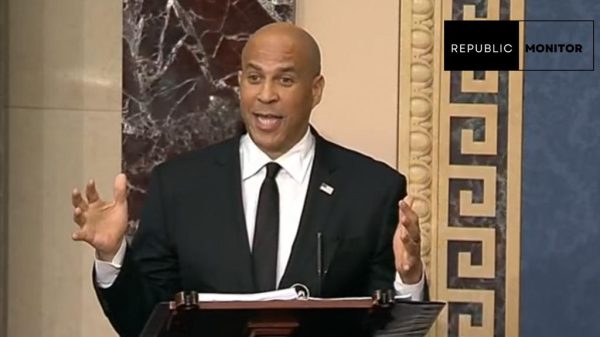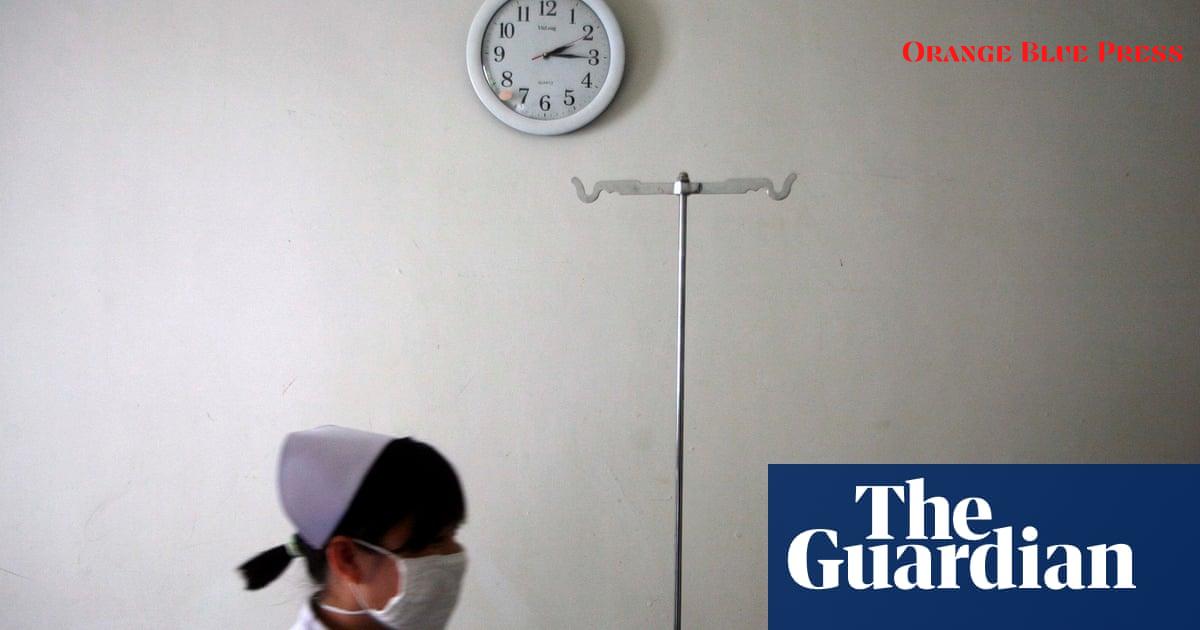In recent weeks, health experts have observed a startling rise in cases of human metapneumovirus, commonly referred to as HMPV, particularly among children in northern China. This surge has led to numerous discussions about what this virus is, how it affects those infected, and whether it poses any real danger to public health. Given that many people may not be familiar with HMPV, let’s delve into what you need to know about this breathing illness.
Why is HMPV in the news?
HMPV is in the spotlight due to a significant increase in reported cases in various parts of the world, especially in China. Videos from hospitals show long lines of children and their families seeking medical attention, raising alarms among health officials. Health authorities, including China’s CDC, have issued warnings about the rising cases while trying to alleviate fears regarding their severity. The situation reminds many of the health scares seen in the wake of COVID-19, but experts insist that HMPV shouldn’t be confused with new viral infections.
How serious is HMPV?
HMPV can cause symptoms that mimic those of a cold, such as a runny nose, cough, fever, and sore throat. Most people recover without needing special treatment. However, for some, particularly young children, the elderly, and those with weakened immune systems, HMPV can lead to more serious issues like bronchitis or pneumonia. Reports suggest that around 20,000 children under five in the U.S. are hospitalized annually due to HMPV, highlighting the need for vigilance even in familiar respiratory infections.
Who is most at risk?
While HMPV can affect anyone, certain groups are more vulnerable. Young children, older adults, and individuals with compromised immune systems face a higher risk of serious health issues from the virus. Health experts are particularly concerned about children, as they make up the bulk of recent cases, indicating that their immune systems may struggle more against this virus, especially during the current surge.
How worried should we be?
Despite the rise in cases, experts emphasize that HMPV is not the same as COVID-19. The general consensus is that many people have some level of immunity from previous exposures and infections, either from earlier outbreaks or due to the nature of seasonal respiratory viruses. Therefore, while it’s essential to remain informed and cautious, the likelihood of a pandemic caused by HMPV seems low. That said, health authorities do recommend standard preventive measures.
How can we protect ourselves from HMPV?
Protecting yourself and your loved ones from HMPV is similar to preventing other respiratory infections. Here are some straightforward tips:
- Wash your hands frequently with soap and water, especially after coughing or sneezing.
- Avoid close contact with sick individuals.
- If you feel unwell, stay at home to prevent spreading the virus to others.
- Cover your mouth and nose when coughing or sneezing.
- Consider wearing masks in crowded or enclosed environments, especially during this spike in infections.
Current perspective
The situation is continuously evolving as health officials collect more data on HMPV cases. With solid detection methods in place, increased reporting is more likely to surface cases that may have gone unnoticed in previous years. This raises public awareness and reminds us all to pay attention to our health, especially as we transition back into a more normal social landscape following the pandemic restrictions.
Testing and diagnosis
Diagnosing HMPV typically involves testing respiratory secretions for the presence of the virus. While there’s currently no specific antiviral treatment or vaccine available, health care providers focus on alleviating symptoms and monitoring high-risk patients closely. If you or someone you know experiences respiratory difficulties during this period, it’s important to consult a healthcare professional promptly.
What can you do if you feel unwell?
If you start to feel symptoms consistent with HMPV, such as coughing, fever, or difficulty breathing, it’s best to seek medical advice. While most infections resolve on their own, some might require closer monitoring. Keeping lines of communication open within your family and consulting with health experts ensure you stay ahead of any potential threats to your health.
















